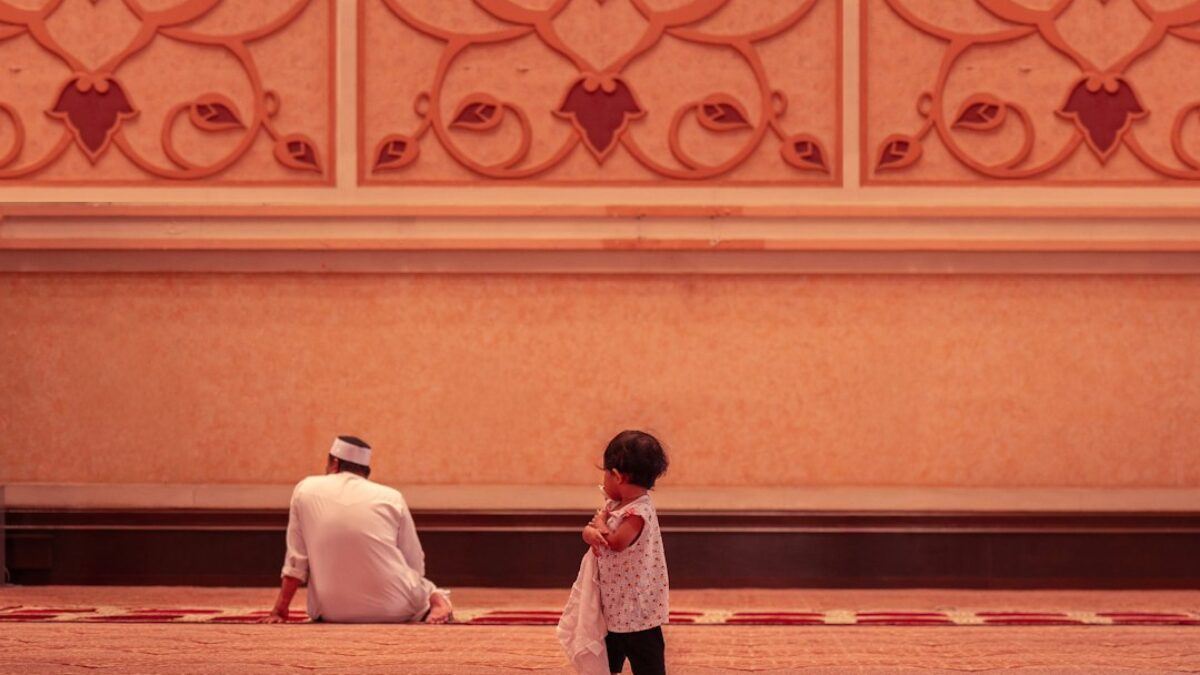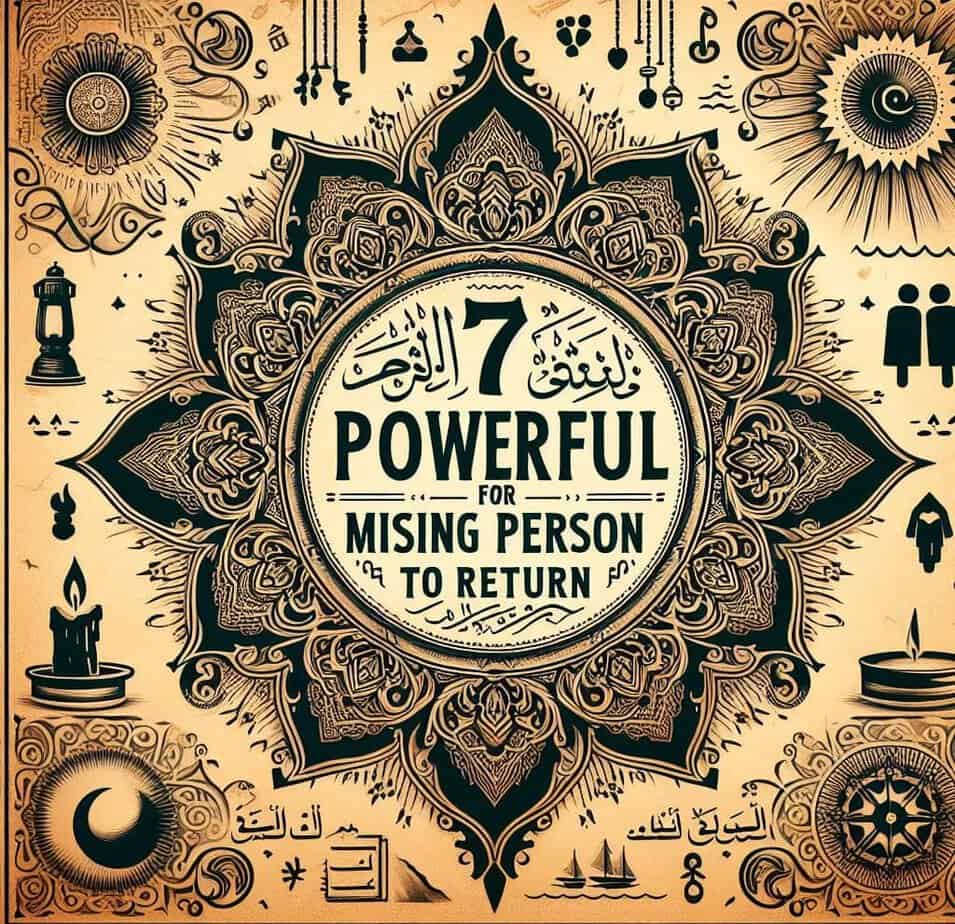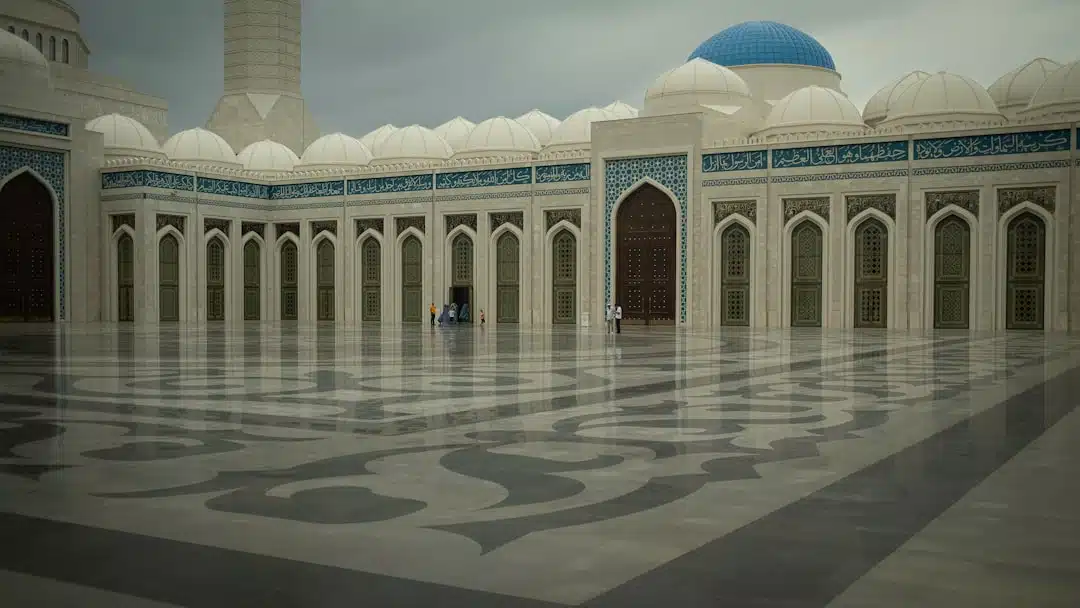In the journey toward eternal bliss, every Muslim yearns for admittance into Jannah—the ultimate success promised by Allah ﷻ. While righteous deeds are essential, the Prophet ﷺ consistently taught that duʿāʾ (supplication) is the believer’s most intimate weapon and warmest companion on that path. The Qur’an declares, “And your Lord says, ‘Call upon Me; I will respond to you’” (Ghāfir 40:60). This article gathers authentic, powerful duʿās—taken from the Qur’an and verified Sunnah—specifically chosen to anchor our hope, purify our intentions, and secure falāḥ (true success) in the Hereafter. Each supplication is accompanied by transliteration, concise translation, and practical guidance so you can weave it seamlessly into daily life.
Understanding the Concept of Duʿāʾ for Eternal Success
The Linguistic and Spiritual Meaning of Duʿāʾ
Duʿāʾ literally means “to call out”, but in the prophetic lexicon it is an act of worship that combines praise, yearning, and absolute dependence on Allah ﷻ. Unlike ordinary requests, it is infused with khushūʿ (humble submissiveness). The Prophet ﷺ said, “Duʿāʾ is the essence of worship” (Tirmidhī), underscoring that every ritual culminates in a plea for Jannah and protection from Jahannam.
Why Specific Duʿās for the Hereafter Matter
- Targeted Intentionality: General duʿās are praiseworthy, yet the Qur’an teaches the “best duʿāʾ” is “Rabbanā ātinā fi’d-dunyā ḥasanah…” (Al-Baqarah 2:201)—a precise request for both dunyā and ākhirah.
- Prophetic Modeling: The Messenger ﷺ repeated certain supplications daily, clarifying their weight in securing eternal outcomes.
- Barakah and Consistency: Frequent, focused supplications build ihsā (spiritual excellence), turning routine acts into investments in Jannah’s currency.
Key Components of Powerful Duʿās for Jannah
Essential Ingredients Every Authentic Duʿāʾ Contains
- Pure Intention (Ikhlāṣ): The supplicant seeks only Allah’s pleasure, not worldly acclaim.
- Praise and Salawat: Begin with al-ḥamdu lillāh and ṣallallāhu ʿalā an-Nabiyy; the Prophet ﷺ said “Every duʿāʾ is veiled until you send salutations upon me” (Ṭabarāī).
- Heartfelt Presence (Ḥudūr al-Qalb): Eyes, tongue, and heart must align—echoing the Qur’anic call: “Call upon your Lord with humility and in secret” (Al-Aʿrāf 7:55).
- Legal Means (Asbāb): Combine duʿāʾ with righteous action; Allah’s promise is conditional upon effort.
- Trust and Persistence: Never perceive delay as denial; the Prophet ﷺ compared rejection to a man who stops knocking on a door after the third knock.
Categories of Hereafter-Focused Duʿās
| Category | Primary Need Addressed | Key Example |
|---|---|---|
| Entry into Jannah | Guarantee of salvation | “Allāhumma inni as’aluka al-Jannah” |
| Protection from Jahannam | Safety from divine wrath | “Allāhumma ajirni min an-Nār” |
| Good ending (Ḥusn al-Khātimah) | Seal of faith at death | “Allāhumma taqabbal minnā…” |
| Intercession (Shafāʿah) | Prophet’s advocacy | “Allāhumma salli ʿalā…” |
Benefits and Importance of Reciting These Supplications
Immediate Spiritual Gains
- Enhanced Mindfulness (Taqwā): Repeating Jannah-centered duʿās reframes daily choices—does this action aid or hinder paradise?
- Emotional Tranquility: Ibn al-Qayyim noted that the heart finds rest only through dhikr and duʿāʾ.
- Barakah in Time: Ten minutes of concentrated supplication can redirect the spirit of an entire day.
Eternal Repercussions
Every word uttered sincerely is recorded by the noble angels. The Prophet ﷺ said, “Nothing averts divine decree except duʿāʾ, and nothing extends life except righteousness” (Tirmidhī). Thus, these duʿās literally reshape our destiny, tipping the scales in favor of Jannah on the Day of Reckoning.
Practical Applications: How to Integrate Duʿāʾ into Daily Life
Morning and Evening Adhkār Bundle
The prophetic adhkār (remembrances) at dawn and dusk are fortresses against evil and direct petitions for paradise. Recommended sequence:
Recite Āyat al-Kursī (Al-Baqarah 2:255) with the intention of securing divine protection until night. Follow with the three Jannah-oriented duʿās below:
“Allāhumma inni as’aluka al-Jannah wa aʿūdhu bika min an-Nār” (O Allah, I ask You for Paradise and seek refuge from the Fire) – 3×. “Rabbanā ātinā fi’d-dunyā ḥasanah…” (Al-Baqarah 2:201) – 1×. “Allāhumma inni as’aluka al-ʿafwa wa al-ʿāfiyah…” – 1×. Conclude with ṣalawāt upon the Prophet ﷺ.
Salah Attachments
After Tashahhud and Before Taslīm
Insert the following concise supplication—narrated by Ibn Mājah—before ending any farḍ prayer:
Allāhumma inni as’aluka al-Jannah wa mā qarrab ilayhā min qawlin aw ʿamal, wa aʿūdhu bika min an-Nār wa mā qarrab ilayhā min qawlin aw ʿamal.
(O Allah, I ask You for Paradise and whatever draws me closer to it in word or deed, and I seek refuge from the Fire and whatever draws me closer to it.)
Between Sujūd
The Prophet ﷺ would often lengthen the jalsah (sitting) between prostrations, pleading:
Rabbi ighfir li, warḥamni, wa-jburni, wahdini, warzuqni, wa ʿāfinī, wa ʿfu ʿanni.
(My Lord, forgive me, have mercy on me, mend my shortcomings, guide me, provide for me, grant me wellbeing, and pardon me.)
Wudūʾ and Bedtime Rituals
Two overlooked moments rich in spiritual potential:
- After Wudūʾ: Recite the duʿāʾ for light on the bridge (ṣirāṭ) over Hell: “Allāhummajʿalni min at-tawwābī…”
- Before Sleep: Surah al-Mulk (protection from grave punishment) + “Allāhumma qinī ʿadhābaka yawma tabʿathu ʿibādaka” (recorded in Muslim).
Authentic Duʿās with Full Context and Sources
1. Duʿāʾ for Persistent Plea to Enter Jannah
Arabic: اللَّهُمَّ إِنِّي أَسْأَلُكَ الجَنَّةَ، وأَعُوذُ بِكَ مِنَ النَّارِ.
Transliteration: Allāhumma inni as’aluka al-Jannah, wa aʿūdhu bika min an-Nār.
Source: Authenticated by al-Albāī in Saḥīḥ at-Tirmidhī (2572).
Timing: 3× after every farḍ prayer and 7× after Fajr and Maghrib.
2. The Grand Duʿāʾ of Jannah and Jahannam Combined
Arabic: اللَّهُمَّ إِنِّي أَسْأَلُكَ جَنَّةَ الفِرْدَوْسِ الأَعْلَى، وأَعُوذُ بِكَ مِنَ النَّارِ.
Transliteration: Allāhumma inni as’aluka Jannata’l-Firdawsi’l-aʿlā, wa aʿūdhu bika min an-Nār.
Source: Ibn Ḥibbā(935) and graded Ṣaḥīḥ by al-Albāī.
Benefit: Asking specifically for the highest garden magnifies reward, as Firdaws is directly beneath the Throne of Allah.
3. Qur’anic Blueprint for Comprehensive Success
Arabic: رَبَّنَا آتِنَا فِي الدُّنْيَا حَسَنَةً وَفِي الآخِرَةِ حَسَنَةً وَقِنَا عَذَابَ النَّارِ.
Transliteration: Rabbanā ātinā fi’d-dunyā ḥasanah, wa fi’l-ākhirati ḥasanah, wa qinā ʿadhāba’-Nār.
Source: Al-Baqarah 2:201.
Recommended Usage: After every farḍ prayer, during sujūd, before breaking fast, and at ʿArafah.
4. Duʿāʾ for a Good Ending
Arabic: اللَّهُمَّ أَحْسِنْ خَاتِمَتَنَا، وَتَوَفَّنَا مُسْلِمِينَ،
























Post Comment